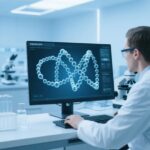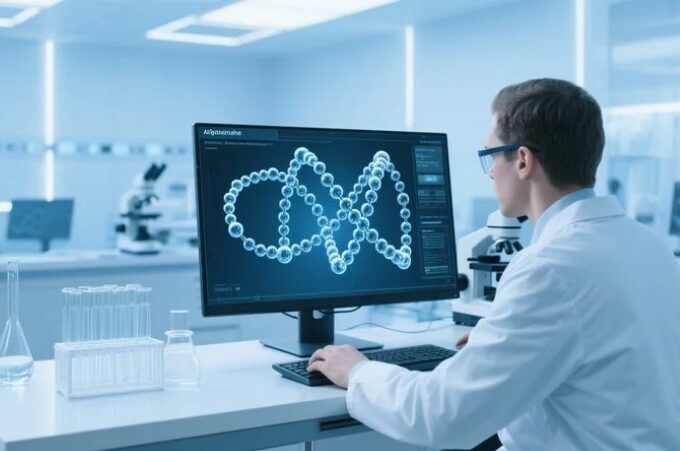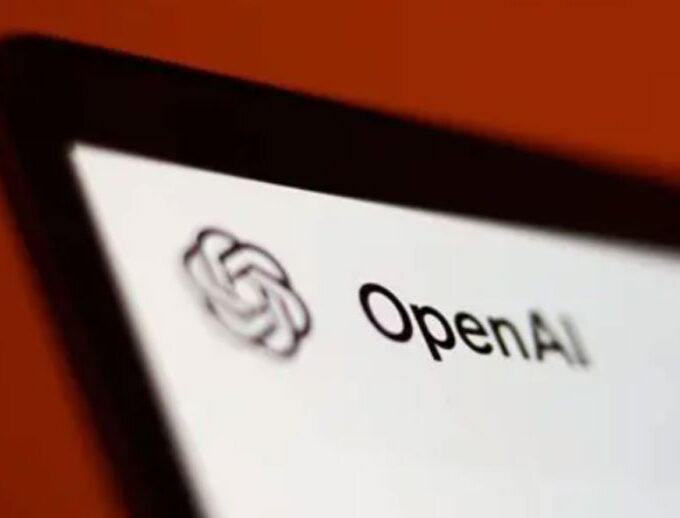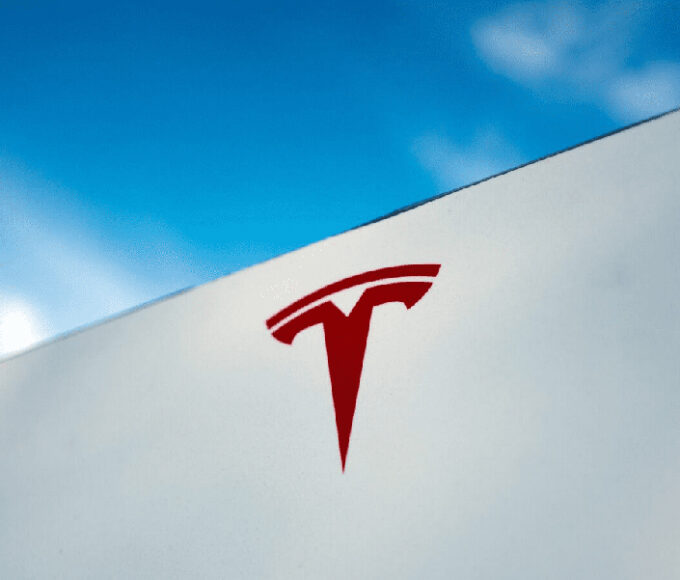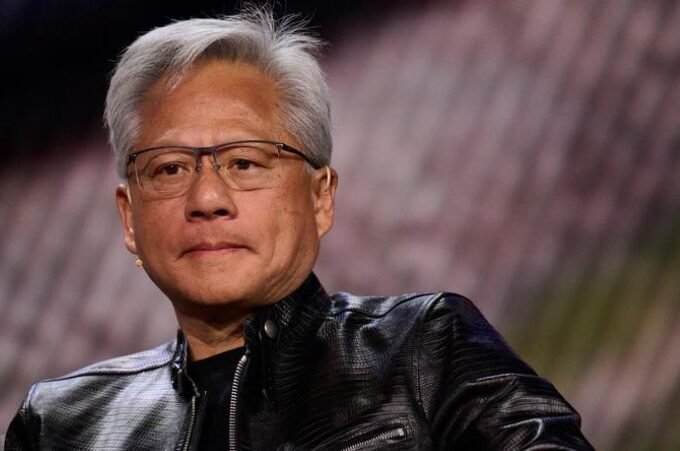After the Nobel Prize in Physics went to two artificial intelligence (AI) pioneers on 8 October, the winners of the 2024 Nobel Prize in Chemistry were announced on 9 October local time, with two of the three winners coming from Google’s AI company.
This year’s Nobel Prizes in Physics and Chemistry are very much focused on Artificial Intelligence (AI). After the Nobel Prize in Physics was awarded to two artificial intelligence (AI) pioneers on 8 October, the winners of the 2024 Nobel Prize in Chemistry were announced on 9 October local time, with two of the three winners coming from Google’s AI company.
2024 Nobel Prize in Physics and Chemistry both linked to AI
This year’s Nobel Prize in Physics and Nobel Prize in Chemistry both show a connection to artificial intelligence.
Two AI pioneers win 2024 Nobel Prize in Physics

On 8 October local time, the list of 2024 Nobel Prize winners in Physics was released by American scientist John J. Hopfield and British-Canadian scientist Geoffrey E. Hinton.
The Nobel Prize in Physics honours the winners for their ‘fundamental discoveries and inventions in machine learning through artificial neural networks,’ according to a news release published on the official website of the Nobel Prize Committee.
John J. Hopfield created an associative neural network based on physics that stores and reconstructs images and other pattern types in data.Geoffrey Hinton invented a method based on Hopfield’s network that automatically discovers data attributes to perform tasks such as recognising specific elements in pictures.
- John J. Hopfield, born in 1933 in Chicago, Illinois, USA, received his PhD from Cornell University, Ithaca, New York, USA, in 1958, and is currently a professor at Princeton University, Princeton, New Jersey, USA.
- Geoffrey E. Hinton, born in London, England, 1947, received his Ph.D. from the University of Edinburgh, England, 1978, and is currently a professor at the University of Toronto, Canada.
Two members of Google DeepMind awarded 2024 Nobel Prize in Chemistry

The 2024 Nobel Prize in Chemistry has been awarded to David Baker of the Institute for Protein Design at the University of Washington, and to Demis Hassabis and John M. Jumper of Google DeepMind for their contributions to ‘computational protein design’ and ‘protein structure prediction’. ‘Protein Structure Prediction’ and other contributions.
The Nobel Prize Committee noted that David Baker had succeeded in creating entirely new proteins, fulfilling an almost impossible challenge, and that Demis Hassabis and John Jumper had developed an AI model that solved a half-century-old problem: predicting the complex structure of proteins.
David Baker used proteins to design a new type of protein that had never existed in nature as early as 2003, and since then his team has also developed RoseTTAFold, an AI tool for protein structure prediction.Based on deep learning algorithms, RoseTTAFold is capable of quickly and accurately predicting a protein’s three-dimensional structure, which analyses patterns in the amino acid sequence to RoseTTAFold is based on deep learning algorithms that can quickly and accurately predict the 3D structure of proteins by analysing patterns in amino acid sequences to predict how proteins fold, which has had a profound impact on biology, chemistry and drug design.
The AI model called AlphaFold2, proposed by Demis Hassabis and John Jumper, is based on deep learning algorithms for predicting the 3D structure of proteins.AlphaFold2 made a breakthrough in the 2020 Protein Folding Prediction Competition. The model utilises a variety of techniques, including attention mechanisms and neural networks, to understand the relationship between amino acid sequences and protein structure. Since the breakthrough, AlphaFold2 has been used by more than 2 million people from 190 countries.
- David Baker, born in 1962 in Seattle, Washington, U.S.A. He received his Ph.D. from the University of California, Berkeley, U.S.A., in 1989, and is currently a professor at the University of Washington, Seattle, U.S.A., and an investigator at the Howard Hughes Medical Institute.
- Demis Hassabis, born in 1976 in London, U.K. He received his Ph.D. from University College London in 2009, and is currently the Chief Executive Officer of Google DeepMind in London.
- John M. Jumper, born in 1985 in Little Rock, Arkansas, U.S.A. Received his Ph.D. from the University of Chicago, Illinois, U.S.A., in 2017 and is currently a Senior Research Scientist at Google DeepMind, London, U.K.
Conclusion
In conclusion, the contributions of AI in the fields of physics and chemistry exemplify its interdisciplinary impact and potential, especially in understanding and modelling complex biological systems and developing new computational techniques. These achievements have not only advanced science, but also opened up vast possibilities for future technological innovations and applications.








